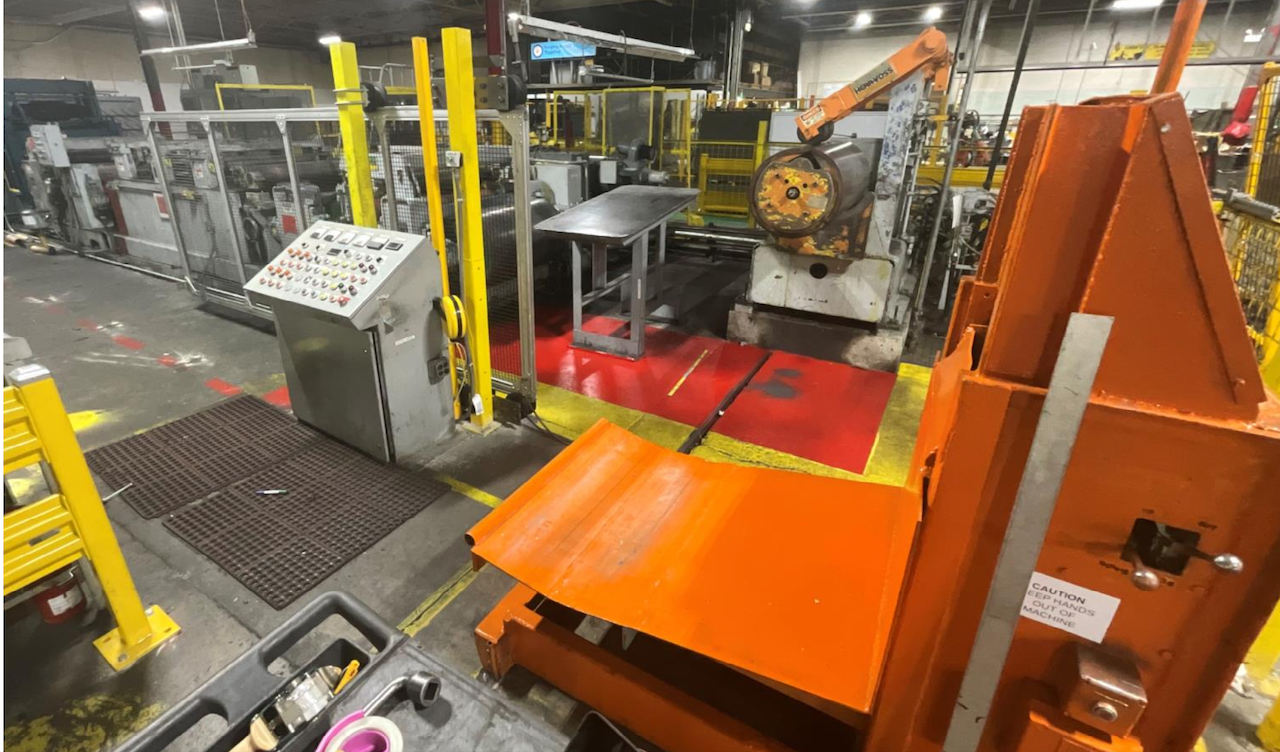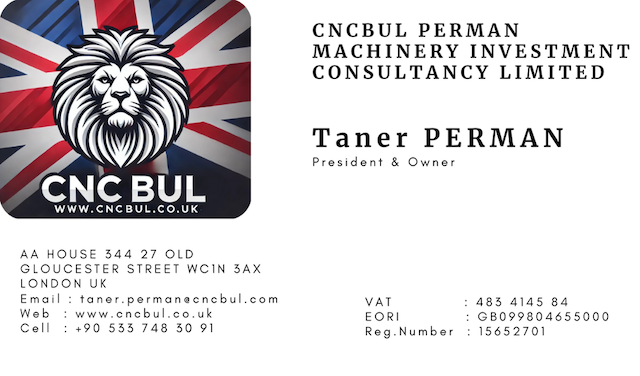21/08/2024
What is Tension Leveler?
A tension leveler is an industrial machine used in the metal processing industry to improve the flatness, surface quality, and mechanical properties of metal strips or sheets. It is particularly crucial in the production of high-quality steel, aluminum, or other metal products, where precise flatness and stress distribution are required.
Technical Explanation:
- Purpose of Tension Leveling:
- Flatness Correction: Tension leveling is primarily used to eliminate waviness, coil set, or other surface irregularities in metal strips, ensuring that the final product is perfectly flat.
- Residual Stress Reduction: The process reduces residual stresses in the material that may have been introduced during previous processes like rolling or slitting, ensuring better performance in subsequent manufacturing steps.
- Improvement of Surface Quality: It can enhance the surface quality by reducing or eliminating defects such as buckling or warping.
- Key Components of a Tension Leveler:
- Entry and Exit Bridle Rolls: These rolls grip the metal strip and apply tension by pulling it through the machine. The amount of tension can be precisely controlled.
- Leveling Rolls: The strip passes through a series of small-diameter leveling rolls. These rolls alternately bend and unbend the strip, progressively removing any shape defects.
- Tension Control System: Advanced tension levelers are equipped with sophisticated tension control systems that monitor and adjust the tension applied to the strip to achieve consistent results.
- Drive System: The bridle rolls and leveling rolls are typically driven by motors, often synchronized to ensure smooth operation and consistent tension throughout the process.
- Tension Leveling Process:
- Entry: The metal strip enters the tension leveler, where it is gripped by the entry bridle rolls.
- Tension Application: The strip is subjected to a significant amount of tension, higher than its yield strength. This tension stretches the strip and alters its mechanical properties.
- Bending and Flattening: As the strip moves through the leveling rolls, it is repeatedly bent in alternating directions. This bending action, combined with the applied tension, works to eliminate any flatness defects and reduce internal stresses.
- Exit: The strip exits the leveler through the exit bridle rolls, now flat and stress-relieved, ready for further processing or end use.
- Material Behavior:
- Plastic Deformation: The process relies on plastic deformation, where the strip is stretched beyond its elastic limit (yield point) but within its tensile strength limit. This deformation results in a permanent change in the strip’s shape and stress distribution.
- Elongation: The strip undergoes slight elongation during tension leveling. This elongation is typically controlled to a specific percentage, ensuring the desired flatness without over-stressing the material.
- Applications:
- Steel Manufacturing: Tension levelers are widely used in the steel industry to produce flat sheets or strips that are free from defects like waviness or coil set.
- Aluminum Processing: In the production of aluminum sheets and coils, tension leveling ensures high surface quality and flatness, which is critical for applications such as automotive body panels and packaging.
- High-Precision Applications: Tension leveling is also used in industries where precise flatness is crucial, such as in the production of electronic components, aerospace parts, and high-end architectural materials.
- Advantages of Tension Leveling:
- High Precision: It provides a high degree of flatness and consistency in the processed material.
- Stress Relief: The process effectively reduces residual stresses, which can enhance the material’s performance in subsequent operations.
- Versatility: Tension levelers can handle a wide range of materials and thicknesses, making them suitable for various industrial applications.
In summary, a tension leveler is an essential machine in metal processing, enabling manufacturers to produce perfectly flat, stress-free metal sheets and strips with high surface quality, suitable for demanding applications.


